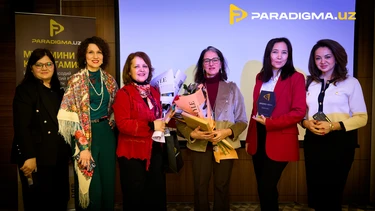On Donald Trump's plans in the Middle East (during his visit to the Persian Gulf countries)
US President Donald Trump's May tour of the Gulf states promises to be a turning point, with "economic diplomacy" taking center stage and, instead of official declarations, dominating large-scale investment and infrastructure projects. The focus is on the US project in the East, which aims to strengthen energy security, stimulate technological transformation, accelerate military cooperation and offer a "new life" to war-torn Gaza through the so-called "Gaza Riviera".
World
16.05.2025, 14:33
Share:
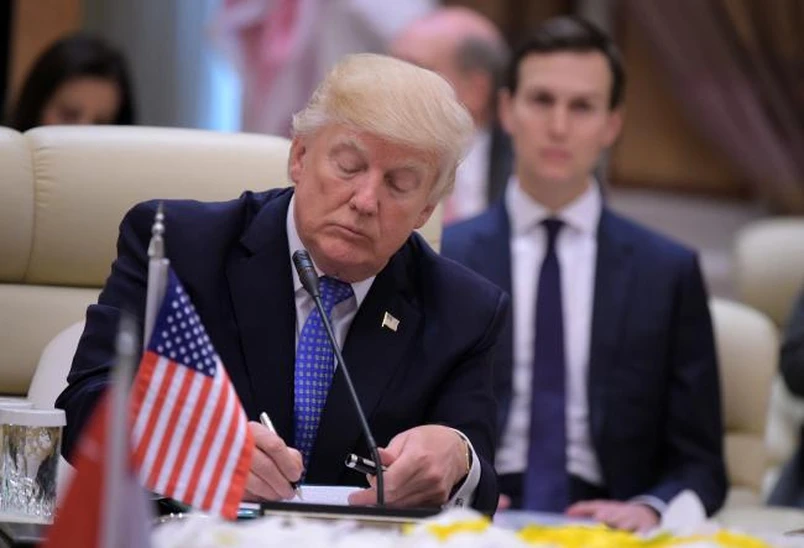
International Security and Production Projects
The US is focusing on the diversification and sustainability of its energy policy. The country's largest oil and gas companies - Chevron, ExxonMobil and Occidental Petroleum - are developing joint projects with Saudi Aramco, QatarEnergy and ENOC. Just last month, Chevron and QatarEnergy Ras Laffan began investing $20 billion to modernize an LNG terminal; This project will be launched in 2027 and will increase LNG exports by 8 million tons per year. A memorandum was signed with Saudi Arabia and ExxonMobil to build petrochemical plants and aromatics production lines worth at least $15 billion in 2025-2030. These foreign investments not only bring new income to American companies, but also raise the level of the energy sector in the region.
Nuclear Energy and Reducing the Risk of Fall
The US government has established cooperation on the deployment of small modular reactors (SMRs) in Saudi Arabia and the UAE through a memorandum on the nuclear program signed between the General Staff and the Ministry of Energy. $7 billion will be allocated until 2030 to build a pilot nuclear fuel production plant in Riyadh together with Westinghouse Electric Company; this project will produce nuclear fuel entirely from domestic stocks and will be carried out under the supervision of the International Atomic Energy Agency (IAEA). This will not only ensure the smooth operation of the power grid, but will also contribute to the creation of a scientific and technological hub in the region.
Artificial Intelligence and Digital Transformation
The US side has also included its representatives in the "Artificial Intelligence Partnership Council," created under the leadership of the UAE President. A multi-stage agreement has been signed with Google Cloud and Microsoft Azure: by 2026, server clusters worth $500 million will be built in the centers of Abu Debi, Dubai and Riyadh, which will enable the launch of AI-based smart city and emergency monitoring systems across the region. In the solar energy sector, a consortium has also been created, the OMA (Oman-Abu Debi Energy Alliance), based on American technologies: together with First Solar and SunPower, it is planned to build a 2 GW solar power plant, which will reduce CO2 emissions to 75,000 tons by 2028.
Developing Transport Infrastructure and Logistics
In the infrastructure sector, the US signed memorandums with contractors such as Bechtel, Fluor Corporation and AECOM to implement multi-stage megaprojects in 2025-2035. According to the plan for expansion of seaports and logistics centers with the Saudi Red Sea Development Company, $12 billion was allocated for a three-fold expansion of the container terminal at the port of Jeddah and another $18 billion for the construction of air and rail infrastructure within NEOM. An interregional assistance program was also launched with Qatar to connect transport corridors to Eurasia through Tajikistan and Pakistan: a $4 billion rail and road project, which is expected to be financed by the US, will create an annual transit cargo turnover of 1.5 million tons by 2030.
Military-technical cooperation and security guarantees
The US Department of Defense has approved additional sales of F-35, Patriot PAC-3 and Terminal High Altitude Area Defense (THAAD) systems to Saudi Arabia and Qatar under the authorized procedure (ITAR). The Saudi PIF and Lockheed Martin are expected to sign a contract for the sale of 60 F-35A combat aircraft, 20 Aegis Ashore radar systems and military network infrastructure worth $45 billion in 2025-2030. This will not only support the US defense industry for the region, but also significantly strengthen its security capabilities.
Socio-cultural cooperation and human capital
The United States Agency for International Development (USAID) is launching a program to train and retrain skilled personnel with Saudi Arabia and the UAE for 2025-2028. Within the framework of this program, in cooperation with the Harvard Kennedy School and Stanford Professional Education, 2-month courses "Global Leadership" and "Digital Transformation" will be organized for 10,000 young people. Qatar, together with Weill Cornell Medicine, has launched a $1.2 billion project to modernize the health center in Doha, within the framework of which American specialists will build a large training center for oncology, cardiology and neurosurgery.
The "Gaza Riviera" plan and the world reaction
Amid colossal economic projects, Trump has proposed a radical, controversial plan: to take the Gaza Strip under American control, resettling 1.8 million residents to Egypt and Jordan, and turning the territory into an international resort of the "Second Riviera". During the 18 months of the war, Gaza's GDP has fallen by 83%, the overall Palestinian GDP has fallen by 27%, and unemployment has reached 82% (Gaza) and 29% (West Bank). Estimated damage to capital infrastructure has exceeded $29.9 billion, and reconstruction needs are estimated at $53.2 billion. This initiative has been harshly condemned by Arab states and international human rights activists. The Saudi Foreign Ministry called the idea "unacceptable" and emphasized the steadfastness of the position on the establishment of a Palestinian state. Egypt has proposed an alternative - the creation of a temporary supervisory council of Arab and Western representatives, without mass displacement. Human rights activists warn of the risk of war crimes and ethnic cleansing
Balancing Economic Incentives and Political Realities
Although Israeli hardliners support the idea of limited eviction, there are disagreements within the Israeli government: Prime Minister Netanyahu is ready to "offer a choice" to the Palestinians, but mass deportation is unacceptable to most Israelis. The US Congress doubts the legality and financial viability of the project, given the humanitarian aid crisis and the need for multi-billion dollar injections.
In such circumstances, the key task will be to combine economic and political instruments: investment guarantees for the Gulf monarchies, technological preferences and US military merits should become a catalyst for a moderate settlement in Gaza and the promotion of "Arab plans" to create a transitional Palestinian administration under the auspices of the UN.
Trump is bringing to the region not just business memoranda, but a model of a "transactional order", where money, technology and military equipment solve strategic problems. Energy and technology projects worth over $2 trillion are designed to strengthen the monarchies' dependence on the United States and shift the geopolitical discourse from purely political and security to economic. However, the success of this model directly depends on compensatory measures in the political plane: without real steps to end the conflict in Gaza and return to bilateral negotiation formats, any "Riviera" risks turning into a temporary "pause" before a new round of instability.
Egamberdiyev Nodirbek
Political analyst
World
16.05.2025, 14:33
Share:
Similar news
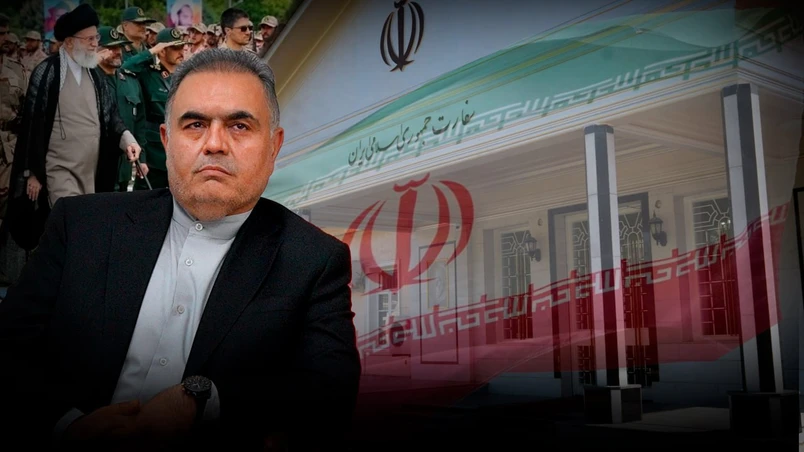
Embassy Statement: The U.S. and Israel Bear Full Responsibility for All Such Conflicts
Politics
25.06.2025, 13:18
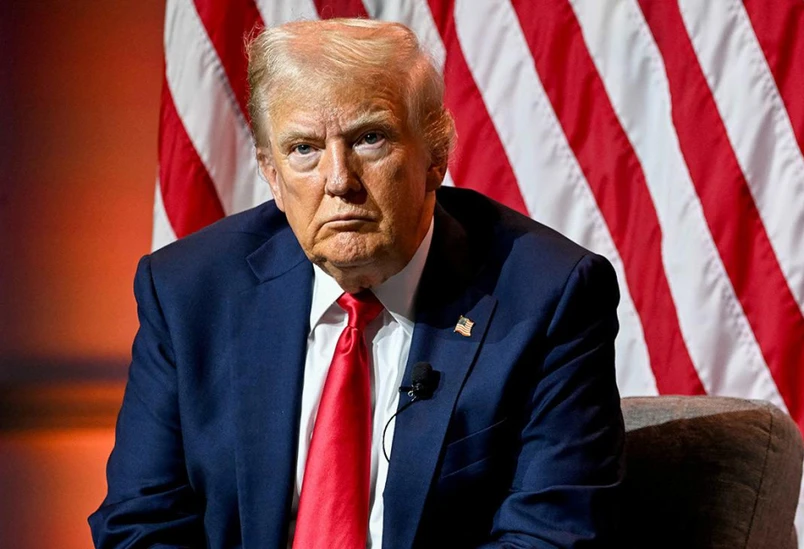
Trump Calls for Iran’s Unconditional Surrender – NYT
World
18.06.2025, 00:53
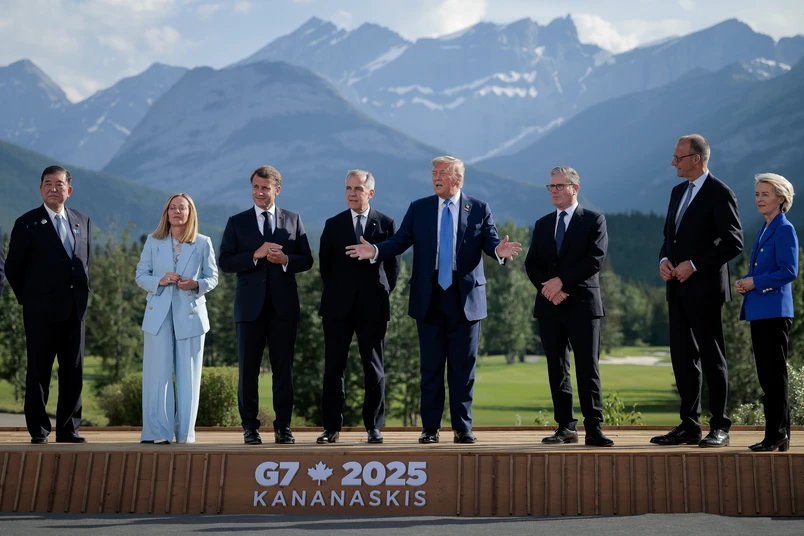
G7 Fully Supports Israel – Media Reports
World
17.06.2025, 14:44
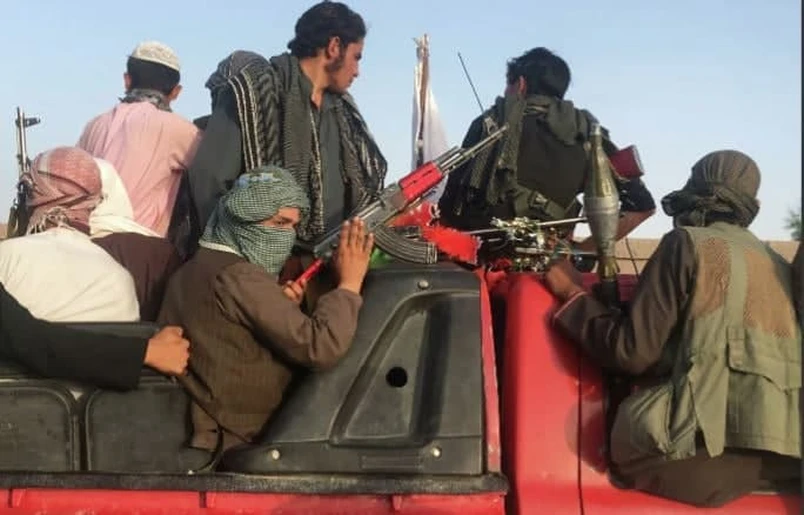
Are the Taliban's actions in Badakhshan part of their foreign policy tactics?
World
15.07.2025, 10:57
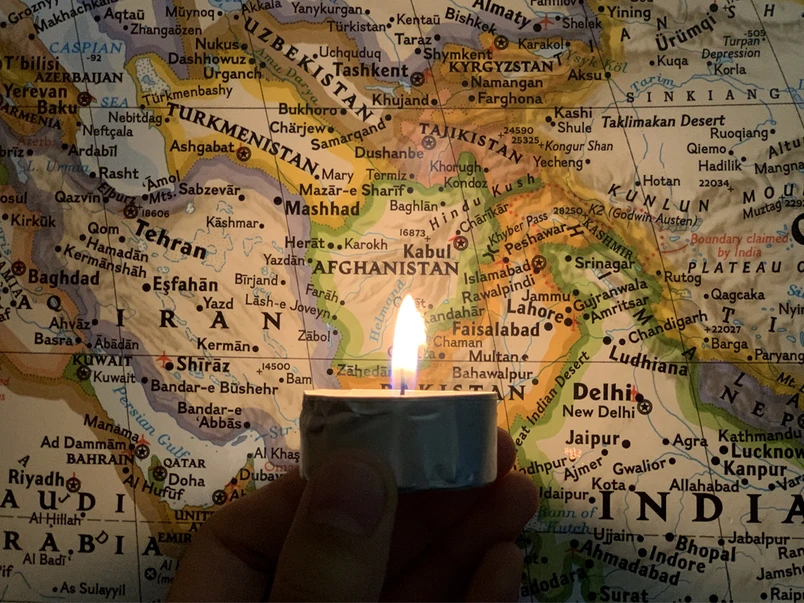
Afghanistan on the Geopolitical Chessboard of the Middle East
World
01.07.2025, 13:07
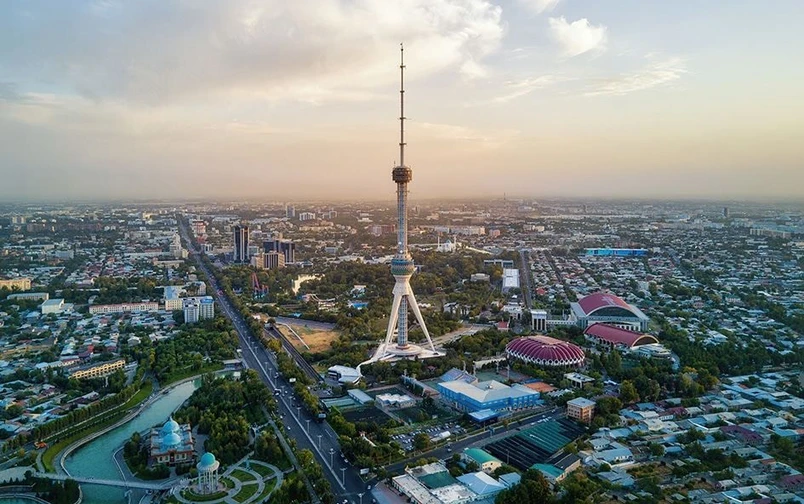
In Afghanistan, Abandoned by NATO and the U.S., Uzbekistan Implements a New Strategy
Politics
09.06.2025, 15:47
Latest news
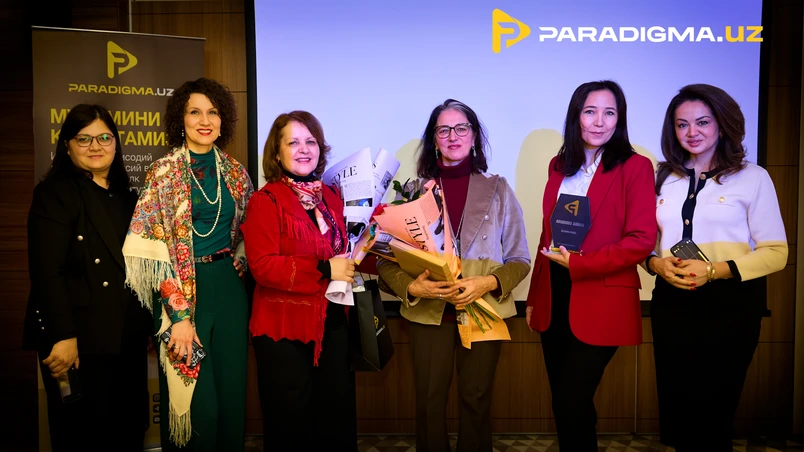
Paradigma Media Honors Eight Voices in Journalism and Civil Society
Cultural
02.02.2026, 19:18
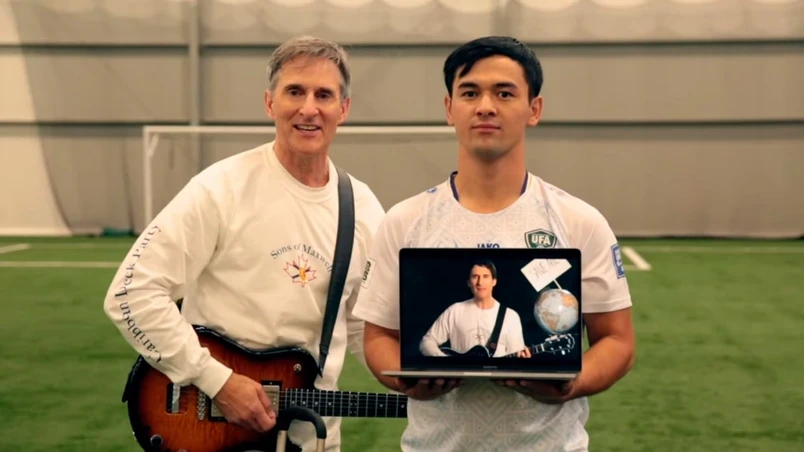
Canadian singer David Carroll addresses Uzbeks
Uzbekistan
25.10.2025, 14:19
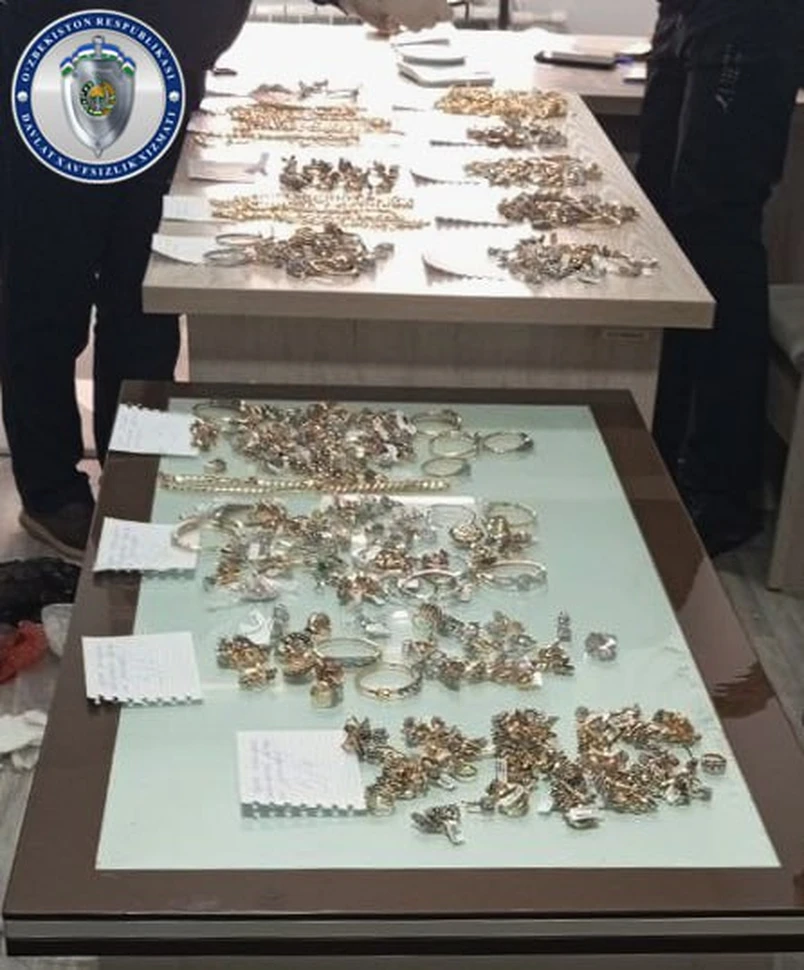
Man Caught Smuggling 5.2 Billion UZS Worth of Gold Jewelry from Kyrgyzstan into Uzbekistan
Uzbekistan
18.07.2025, 10:07

Are the Taliban's actions in Badakhshan part of their foreign policy tactics?
World
15.07.2025, 10:57
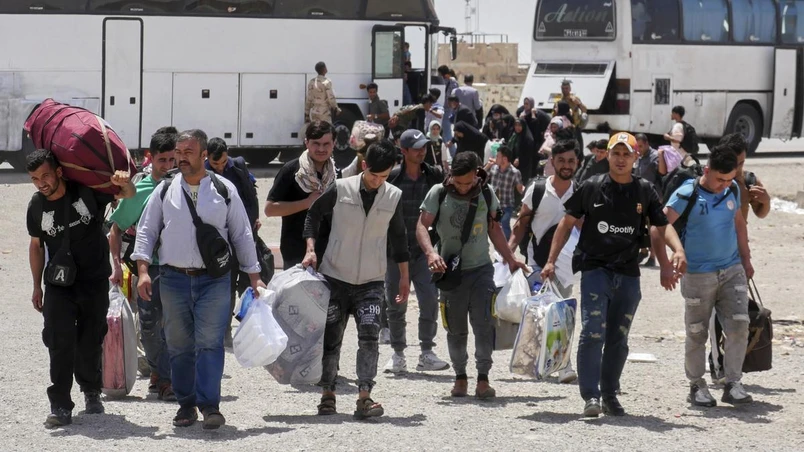
Iran and Afghanistan: A New Wave of Deportations
Politics
11.07.2025, 12:20

Afghanistan on the Geopolitical Chessboard of the Middle East
World
01.07.2025, 13:07

The Impact of India’s Nationalist Policy on Domestic Political Stability and Territorial Integrity
Politics
30.06.2025, 11:38

Embassy Statement: The U.S. and Israel Bear Full Responsibility for All Such Conflicts
Politics
25.06.2025, 13:18

Trump Calls for Iran’s Unconditional Surrender – NYT
World
18.06.2025, 00:53

G7 Fully Supports Israel – Media Reports
World
17.06.2025, 14:44

In Afghanistan, Abandoned by NATO and the U.S., Uzbekistan Implements a New Strategy
Politics
09.06.2025, 15:47
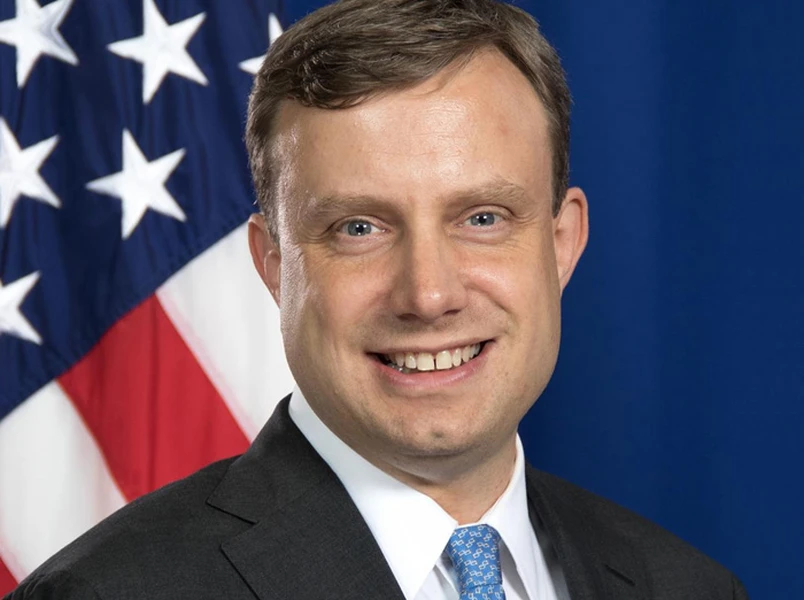
Eric Meyer, Senior Official of the U.S. Bureau of South and Central Asian Affairs, to Visit Uzbekista
Politics
09.06.2025, 13:53
